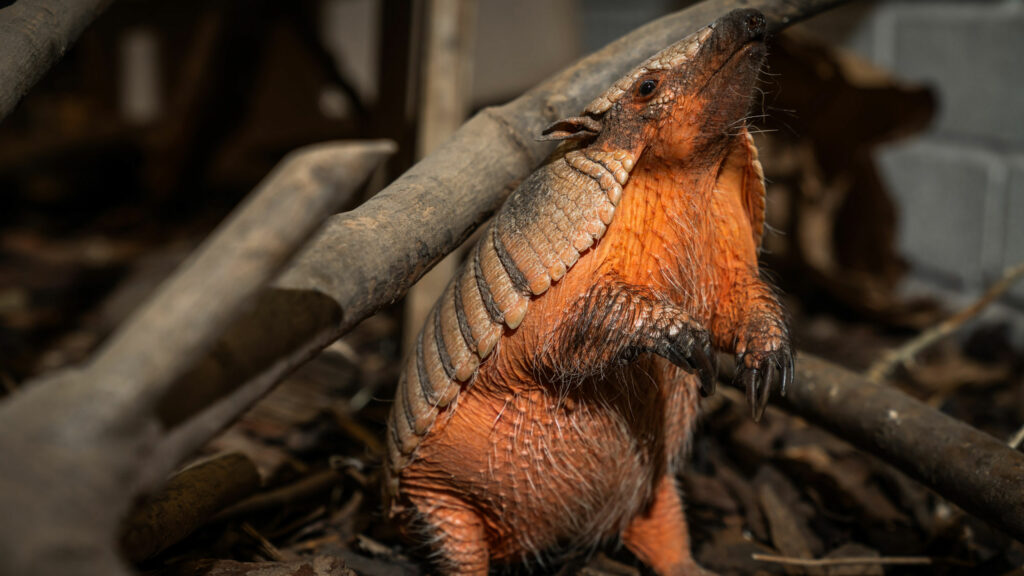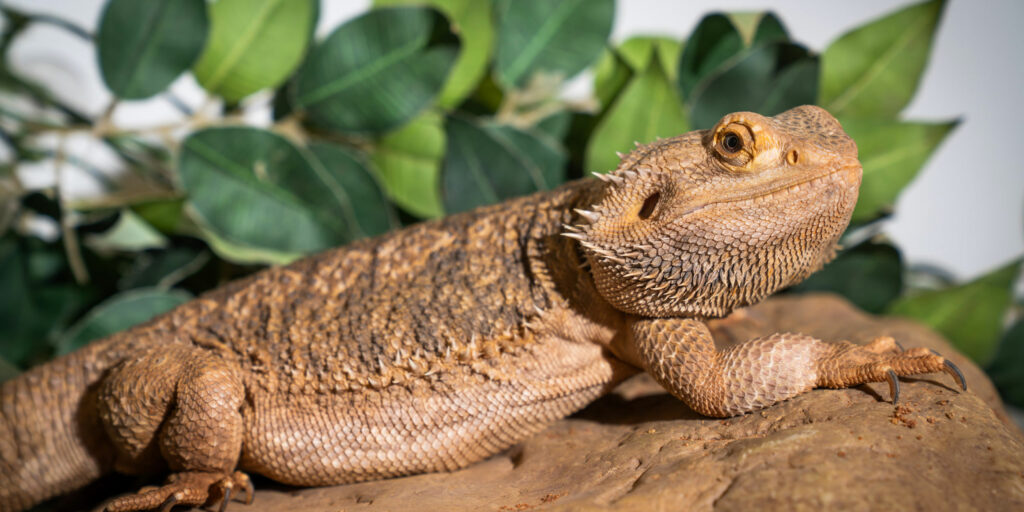Animal management and land-based industries are integral to sustainable development and environmental stewardship, making them essential areas of study in higher education.
These fields encompass a wide range of disciplines, including agriculture, wildlife conservation, animal behaviour, and equine studies. Higher education institutions provide specialised programmes that combine scientific knowledge with practical skills, preparing students for careers that directly impact ecosystems, food security, and animal welfare. Such programmes often emphasise sustainability, recognising the need for balance between human activities and the natural world.
Higher education (HE) courses in animal management typically focus on areas such as animal husbandry, behaviour, welfare, and health. Students gain hands-on experience through practical modules on our very own farm and animal centre. This experiential learning ensures graduates are well-prepared to work in diverse settings, from veterinary practices to wildlife conservation projects.
Land-based industries, on the other hand, explore the management of natural resources, sustainable agriculture, and rural development. Programmes often integrate new technologies, such as precision farming and GIS mapping, to address challenges like climate change and resource efficiency.
Take a look at the courses we offer below
More information about animal management and land-based industries HE courses
One of the strengths of higher education in these fields is its interdisciplinary approach. We encourage students to engage with subjects like environmental science, business management, and technology, enabling them to address complex challenges holistically.
For example, a student studying animal management might also learn about conservation policies, while a land-based industries student could gain insights into agro-business strategies.
These programmes not only develop technical expertise but also foster leadership, critical thinking, and problem-solving skills, ensuring graduates are equipped to drive innovation and sustainability.
Future careers in animal management and land-based industries with HE qualifications
Higher education (HE) qualifications in animal management and land-based industries open up diverse and impactful career opportunities across sectors that are critical to sustainability, food security, and biodiversity conservation. As society increasingly prioritises sustainability and ethical practices, the demand for skilled professionals in these fields continues to grow.
The animal management industry
In animal management, graduates can pursue careers in animal welfare organisations, conservation, and research. Roles such as animal behaviourist, wildlife conservationist, or zoological specialist allow individuals to work closely with animals in various capacities, including rehabilitation, breeding programmes, and habitat restoration. Careers in veterinary assistance, animal health consultancy, and exotic species management are also popular, especially for those interested in combining science with hands-on care. Emerging fields like animal-assisted therapy and animal ethics advocacy present further opportunities for innovative and meaningful work.
The land-based industry
For those specialising in land-based industries, careers span agriculture, environmental consultancy, and rural development. Graduates may take on roles such as farm manager, agronomist, or soil and crop scientist, focusing on sustainable food production and resource efficiency. Other opportunities include working as forestry managers, estate managers, or environmental planners, where professionals balance economic goals with ecological stewardship. Technological advancements in precision agriculture and renewable energy also create new pathways, enabling graduates to lead initiatives that modernise traditional practices while addressing climate change.
Further roles
Additionally, higher education in these fields equips graduates for entrepreneurial ventures, such as managing organic farms, establishing conservation start-ups, or developing innovative agro-technologies. Many pursue further specialisation through postgraduate studies or professional certifications in areas like wildlife conservation, equine science, or sustainable resource management.
As global challenges such as biodiversity loss and climate change intensify, professionals with higher education qualifications in animal management and land-based industries are uniquely positioned to make a difference, ensuring a sustainable future for both humans and the natural world.










